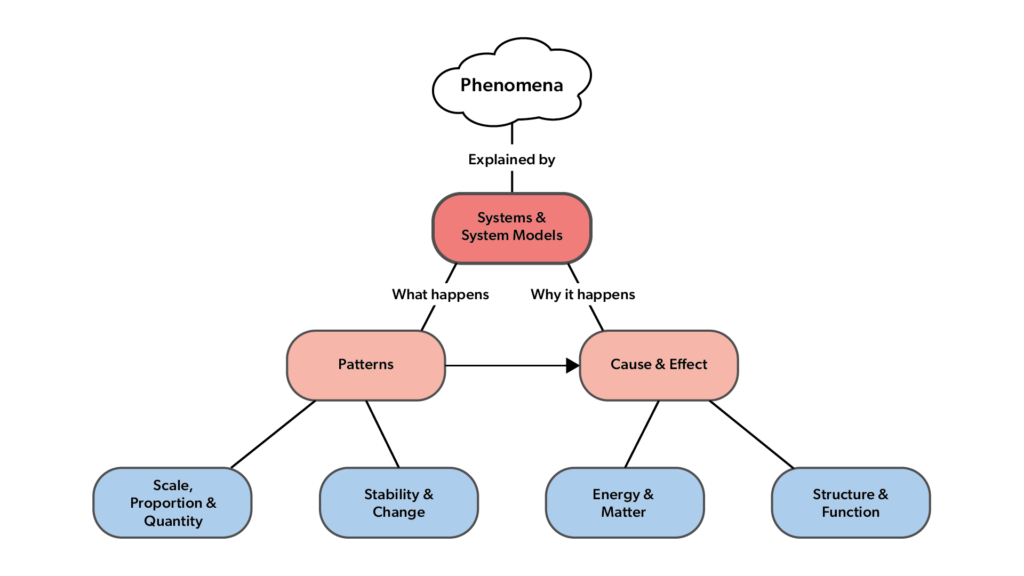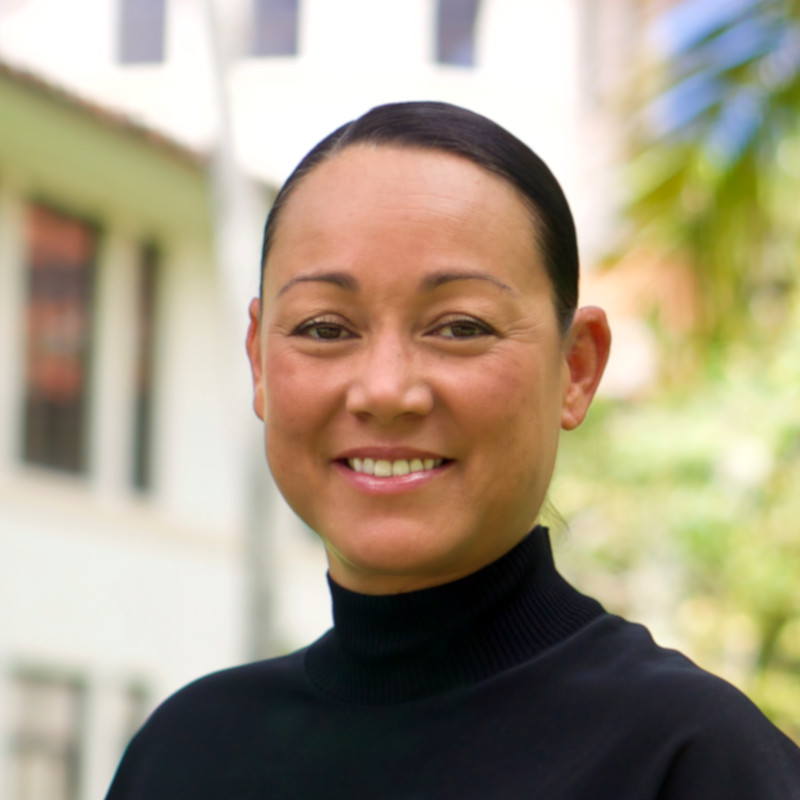
Dr. Lori Andersen, an assistant specialist in the College of Education Curriculum Research & Development Group (CRDG), received a $1M grant from the National Science Foundation (NSF), Division of Research on Learning in Formal and Informal Settings. A five-year project, CAREER: Crosscutting Concepts and Scientific Thinking Tools for an Equitable Science Curriculum, will investigate the use of science curriculum features to develop culturally diverse fifth-grade students’ abilities to use scientific thinking tools.
“This award will allow researchers and teachers to work together to improve fifth-grade science instruction for all students and create high-quality teaching materials that focus on locally relevant phenomena and culturally relevant thinking tools,” said Andersen.
Andersen serves as Co-Chair of AERA Science Teaching and Learning; President of the Hawaiʽi Science Teaching Association; and is also the Project Director of FEAST (Food Experiences for Agriculture Science Training), an $800K USDA grant program.
CAREER: Crosscutting Concepts and Scientific Thinking Tools for an Equitable Science Curriculum will utilize scientific thinking tools that will include crosscutting concepts such as systems and system models, patterns, and cause and effect, as well as cultural concepts, such as reciprocity, human-nature relations, and responsibility.
“The project will investigate instructional design elements that include students’ use of thinking tools, model scaffolds, classroom discussions, and the use of cultural knowledge,” added Andersen. “Science instruction that increases all students’ access to science thinking tools is responsive to the mandate for equitable science instruction for all students, including Native Hawaiians and Pacific Islanders.”
Teachers and researchers will co-design curriculum materials for the project to develop students’ abilities to direct their own scientific thinking. The project aims to broaden participation in STEM by creating elementary science curriculum that is more effective and equitable, which can increase participation in STEM careers and build capacity of participating elementary science teachers.
The NSF Faculty Early Career Development (CAREER) Program offers one of the Foundation’s most prestigious awards in support of early-career faculty who have the potential to serve as academic role models in research and education and to advance the mission of their department or organization.


